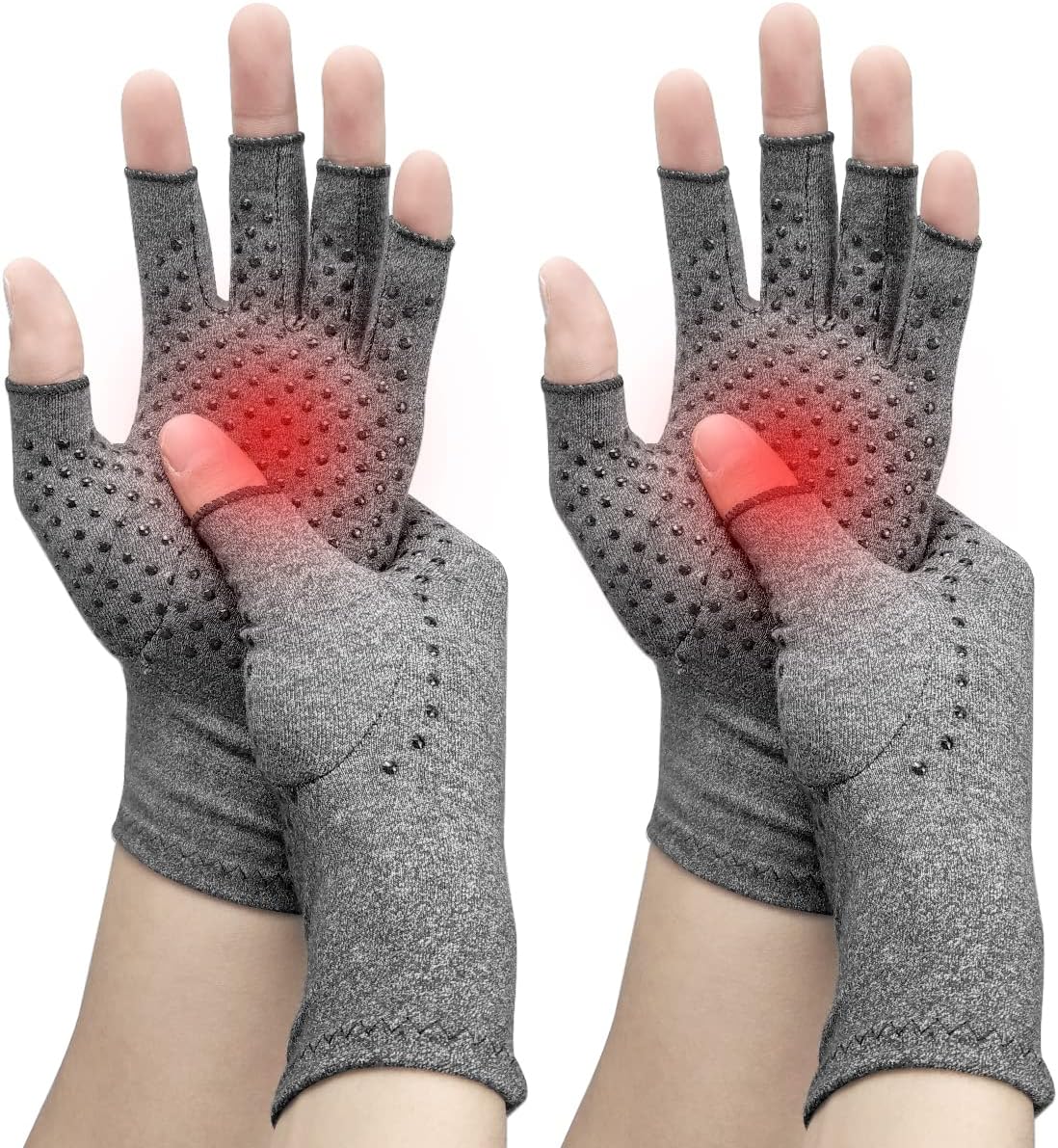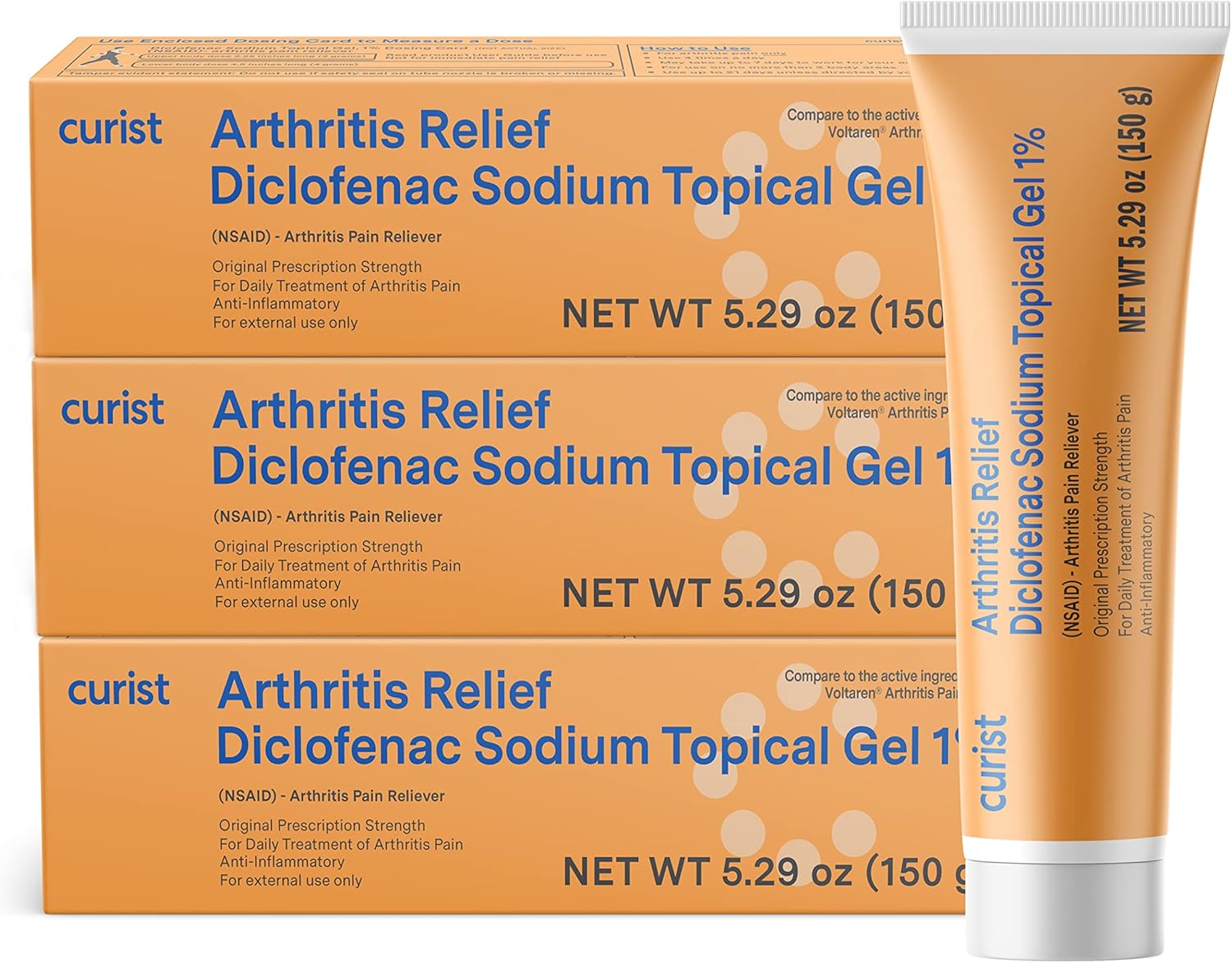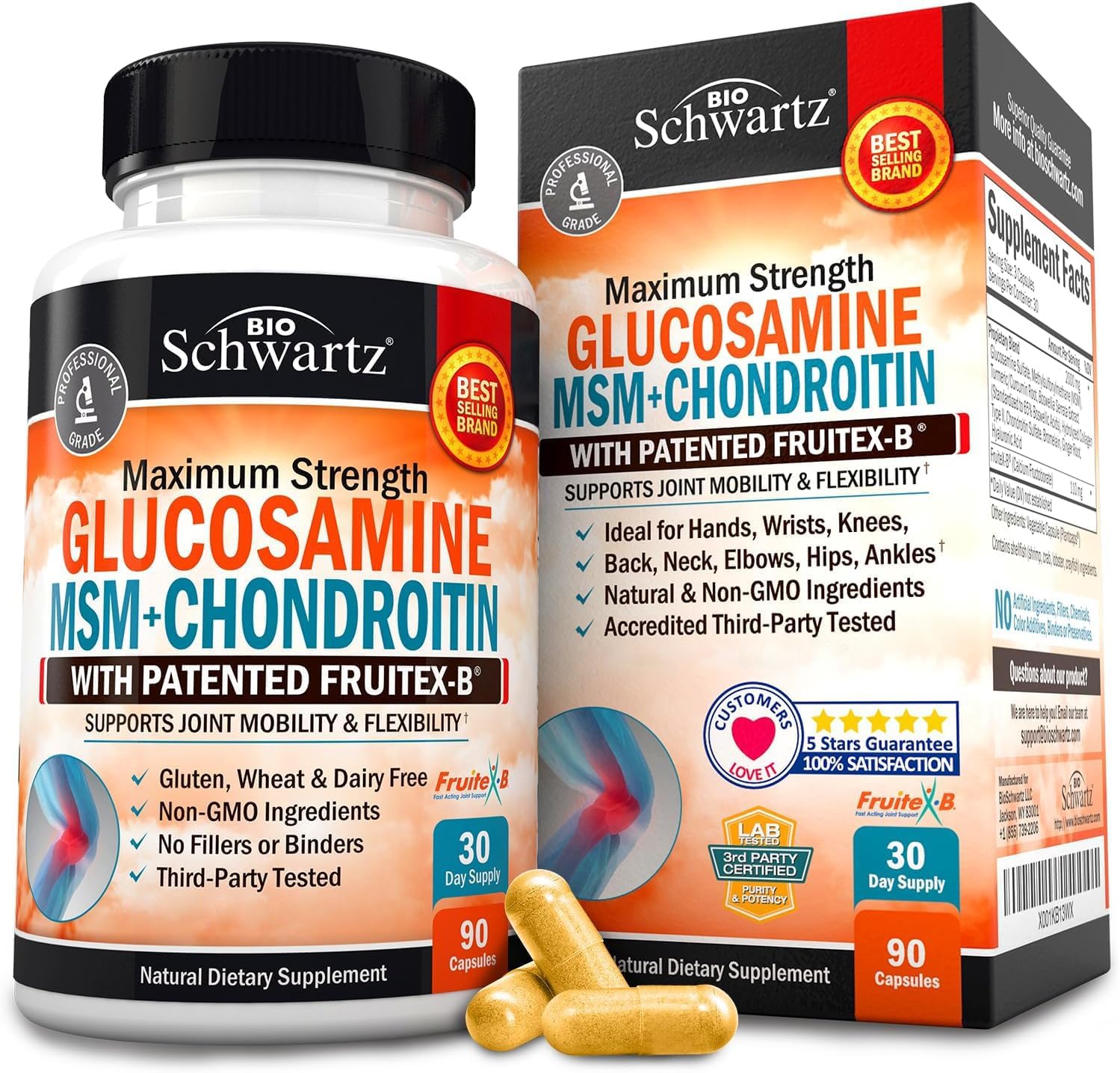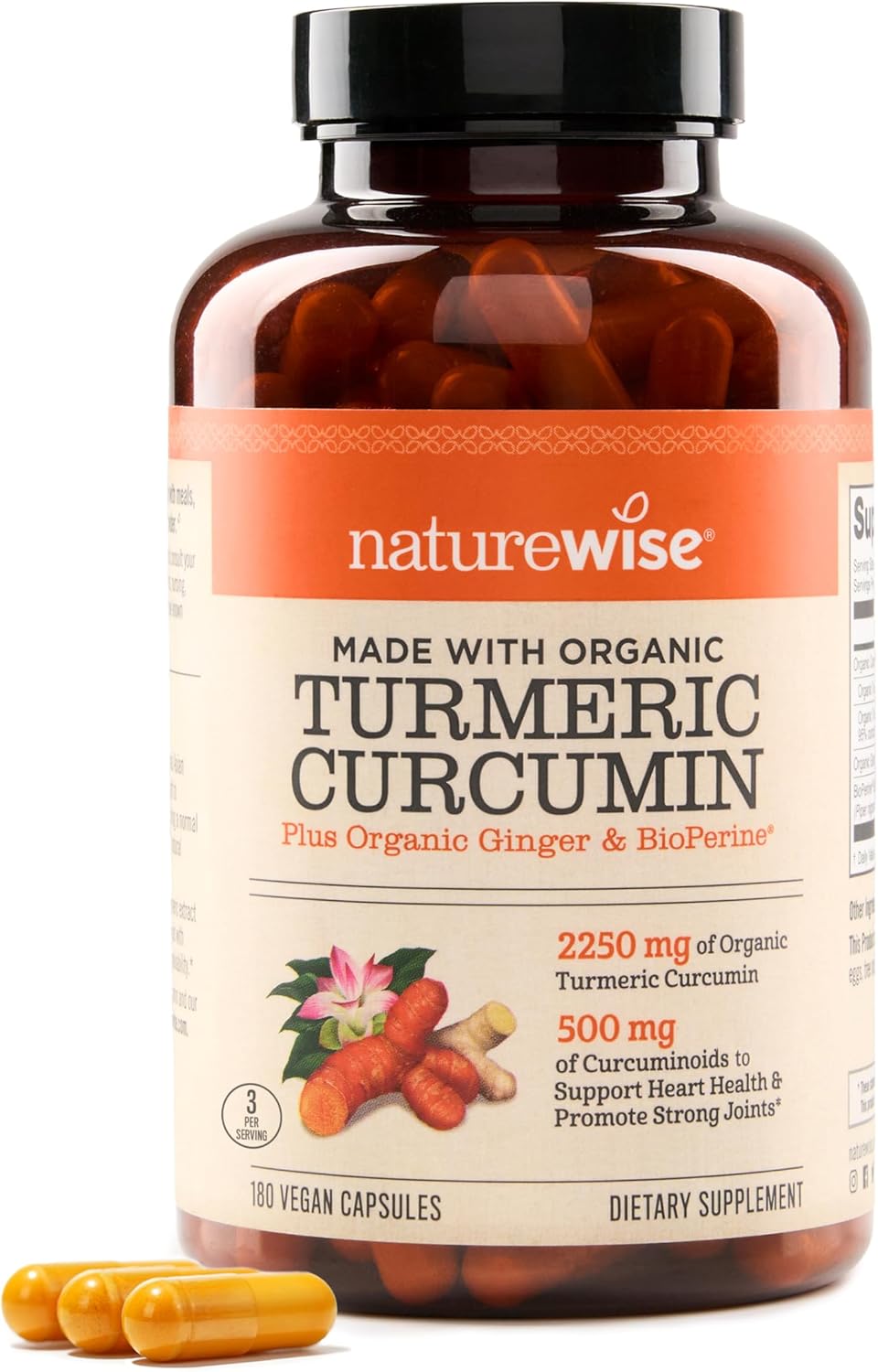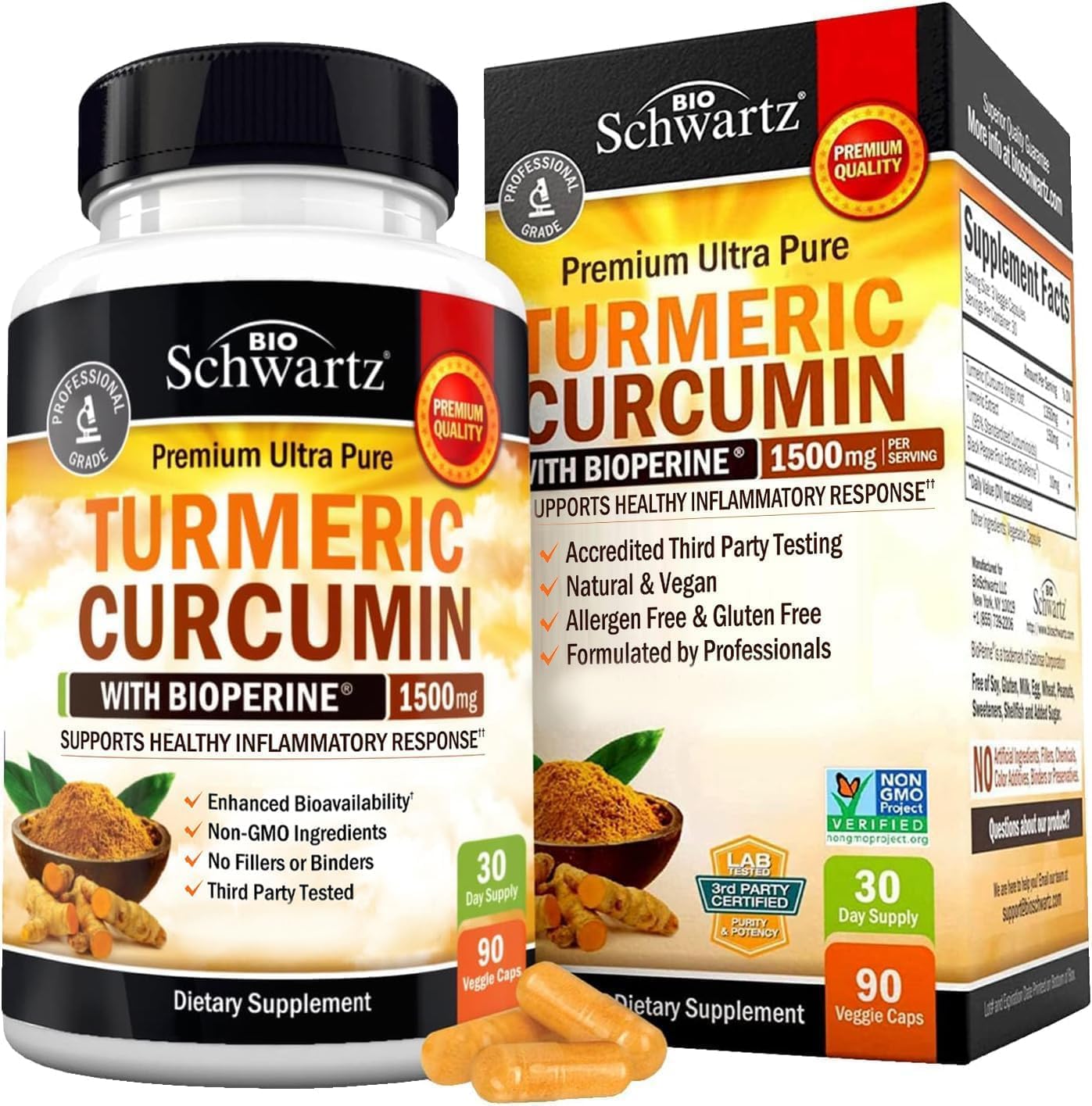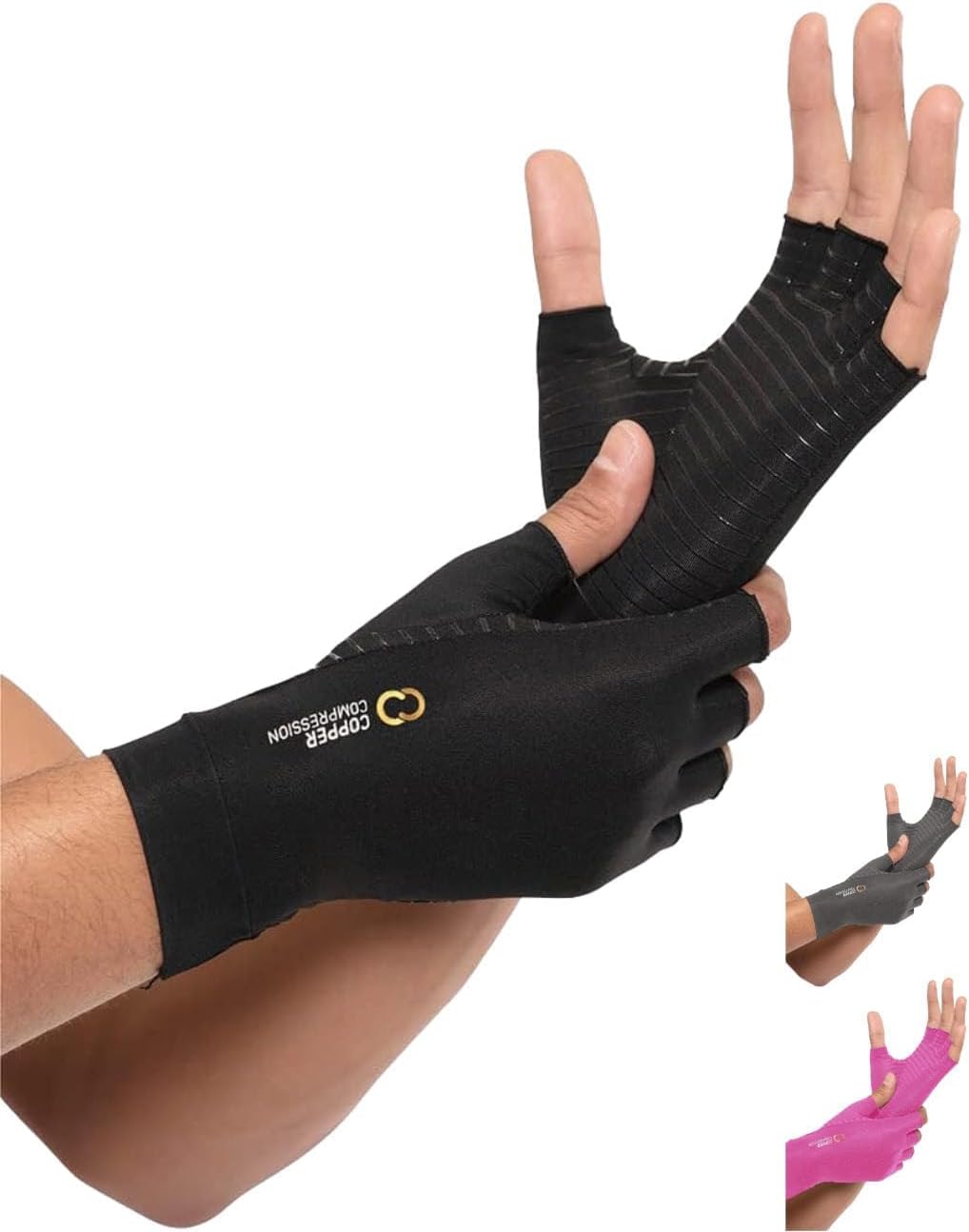Understanding Rheumatoid Arthritis
Rheumatoid arthritis is an autoimmune condition where the immune system mistakenly attacks the joints, leading to inflammation, pain, and potential joint deformity. It often begins in smaller joints, such as those in the hands and feet, but can eventually affect larger joints and even organs like the heart, lungs, and eyes. Early diagnosis and treatment are essential for preventing long-term damage and maintaining mobility.
Key Symptoms of Rheumatoid Arthritis
-
Joint pain, swelling, and tenderness
-
Stiffness, especially in the morning or after periods of inactivity
-
Warmth and redness around the affected joints
-
Fatigue, fever, and general malaise
-
Loss of joint function and deformities in advanced stages
How Rheumatologists Help
Rheumatologists diagnose and treat arthritis and other musculoskeletal diseases. They use advanced diagnostic tools, prescribe medication, and design personalized treatment plans to help relieve joint pain, reduce inflammation, and improve your overall quality of life.
Finding the Right Rheumatologist
Choosing the right rheumatologist is a critical step in managing rheumatoid arthritis effectively. Here’s a guide to help you find a specialist who fits your needs:
Factors to Consider
-
Credentials and Experience
-
Look for board-certified rheumatologists who are members of reputable organizations like the American College of Rheumatology (ACR).
-
Prioritize specialists with extensive experience in treating rheumatoid arthritis and other autoimmune conditions.
-
Location and Accessibility
-
Select a rheumatologist near you to ensure easy access, especially for regular follow-ups.
-
Consider clinics offering same-day appointments for urgent needs or flare-ups.
-
Insurance and Medicare
-
Verify that the rheumatologist accepts your insurance plan, including Medicare if applicable, to avoid unexpected expenses.
-
Patient Reviews and Recommendations
-
Seek recommendations from your primary friends or family.
-
Check online reviews and ratings to gauge patient satisfaction and the quality of care provided.
Steps to Finding a Rheumatologist
-
Consult: They can refer you to a trusted rheumatology expert.
-
Explore Online Directories: Use resources like the American College of Rheumatology (https://www.rheumatology.org) to find specialists.
-
Check with Your Insurance Provider: Ensure the rheumatologist is in-network to reduce costs.
-
Visit Local Clinics: Many rheumatology clinics offer comprehensive care, including testing and therapy, under one roof.
Rheumatology Care Options
When it comes to rheumatology care, you have several options depending on your specific needs and preferences:
Same-Day and Emergency Appointments
Some clinics understand that RA flare-ups can happen unexpectedly and require urgent care. These clinics offer same-day appointments to address severe pain, swelling, or new symptoms quickly.
Telehealth Services
Telehealth has become an invaluable tool for patients with limited mobility or those living in rural areas. Through video consultations, you can discuss your symptoms, review test results, and update treatment plans with your rheumatologist—all from the comfort of your home.
Comprehensive Rheumatology Clinics
Many clinics offer a full spectrum of services, from rheumatology testing and imaging to physical therapy and patient education. This integrated approach ensures seamless care and better outcomes.
Treatment Options for Rheumatoid Arthritis
Managing rheumatoid arthritis requires a multifaceted approach tailored to individual needs.
Medications
-
Nonsteroidal Anti-Inflammatory Drugs (NSAIDs): Over-the-counter options like ibuprofen and prescription NSAIDs help reduce pain and inflammation.
-
Corticosteroids: Fast-acting medications like prednisone are often used for short-term relief during flare-ups.
-
Disease-Modifying Antirheumatic Drugs (DMARDs): These drugs, such as methotrexate, slow disease progression and prevent joint damage.
-
Biologics and JAK Inhibitors: Advanced treatments that target specific parts of the immune system. Examples include Humira (adalimumab) and Xeljanz (tofacitinib).
Lifestyle Adjustments for Long-Term Management
Living with RA involves making lifestyle changes to reduce symptoms and improve overall well-being.
Anti-Inflammatory Diet
Adopting an anti-inflammatory diet can help reduce joint pain and stiffness.
-
Foods to Include:
-
Fatty fish (salmon, mackerel) rich in omega-3 fatty acids
-
Leafy greens like spinach and kale
-
Berries, cherries, and other fruits high in antioxidants
-
Nuts, seeds, and olive oil
-
Whole grains like quinoa and brown rice
-
-
Foods to Avoid:
-
Processed foods high in sugar and salt
-
Red meat and fried foods
-
Alcohol and sugary beverages
-
Regular Exercise
-
Low-Impact Activities: Swimming, cycling, and yoga are gentle on the joints.
-
Strength Training: Helps build muscle to support weak joints.
-
Stretching: Improves flexibility and reduces stiffness.
Stress Management
-
Practice mindfulness techniques, such as meditation and deep breathing.
-
Engage in hobbies or activities that bring you joy and relaxation.
-
Consider therapy or counseling if stress is significantly affecting your mental health.
Sleep Hygiene
-
Maintain a consistent sleep schedule.
-
Create a comfortable sleep environment by investing in supportive pillows or mattresses.
-
Avoid caffeine and electronics before bedtime.
Joint Protection Techniques
-
Use assistive devices like jar openers or ergonomic tools to reduce strain on your joints.
-
Avoid repetitive movements that can exacerbate pain.
-
Take frequent breaks during activities to rest your joints.
Rheumatology Testing and Diagnosis
-
Blood Tests: Measure markers like rheumatoid factor (RF), anti-cyclic citrullinated peptide (anti-CCP) antibodies, and inflammation markers (CRP, ESR).
-
Imaging Tests: X-rays, MRIs, and ultrasounds assess joint damage, bone erosion, and swelling.
-
Physical Examination: Evaluates joint function, swelling, and tenderness.
|
Test
|
Purpose
|
Typical Results for RA
|
|
Blood Test
|
Detects inflammation markers
|
Elevated ESR, CRP levels
|
|
Rheumatoid Factor (RF)
|
Identifies presence of rheumatoid factor
|
Positive in many RA patients
|
|
Anti-CCP
|
Detects specific antibodies
|
High levels often indicate RA
|
|
X-ray
|
Assesses joint damage
|
Joint space narrowing, bone erosion
|
|
MRI
|
Provides detailed images of soft tissues
|
Detects early joint and soft tissue changes
|
Managing Life with Rheumatoid Arthritis
Living with RA requires ongoing management, adaptation, and a proactive approach to care.
Building a Support System
-
Join Support Groups: Connect with others living with RA to share experiences and advice.
-
Involve Family and Friends: Educate them about your condition so they can provide emotional and practical support.
Workplace Adjustments
-
Request accommodations, such as flexible work hours or ergonomic office setups, to minimize strain on your joints.
-
Prioritize tasks and delegate responsibilities when possible.
Stay Educated
-
Stay informed about new research, treatments, and advancements in rheumatology care.
-
Regularly attend appointments with your rheumatologist to monitor your progress and adjust your treatment plan as needed.
References
-
American College of Rheumatology: https://www.rheumatology.org
-
Arthritis Foundation: https://www.arthritis.org
-
WebMD – Rheumatoid Arthritis: https://www.webmd.com/rheumatoid-arthritis
This article was written on December 19, 2024. All deals are accurate at the time of writing. Please check the retailer's website for the latest information.

